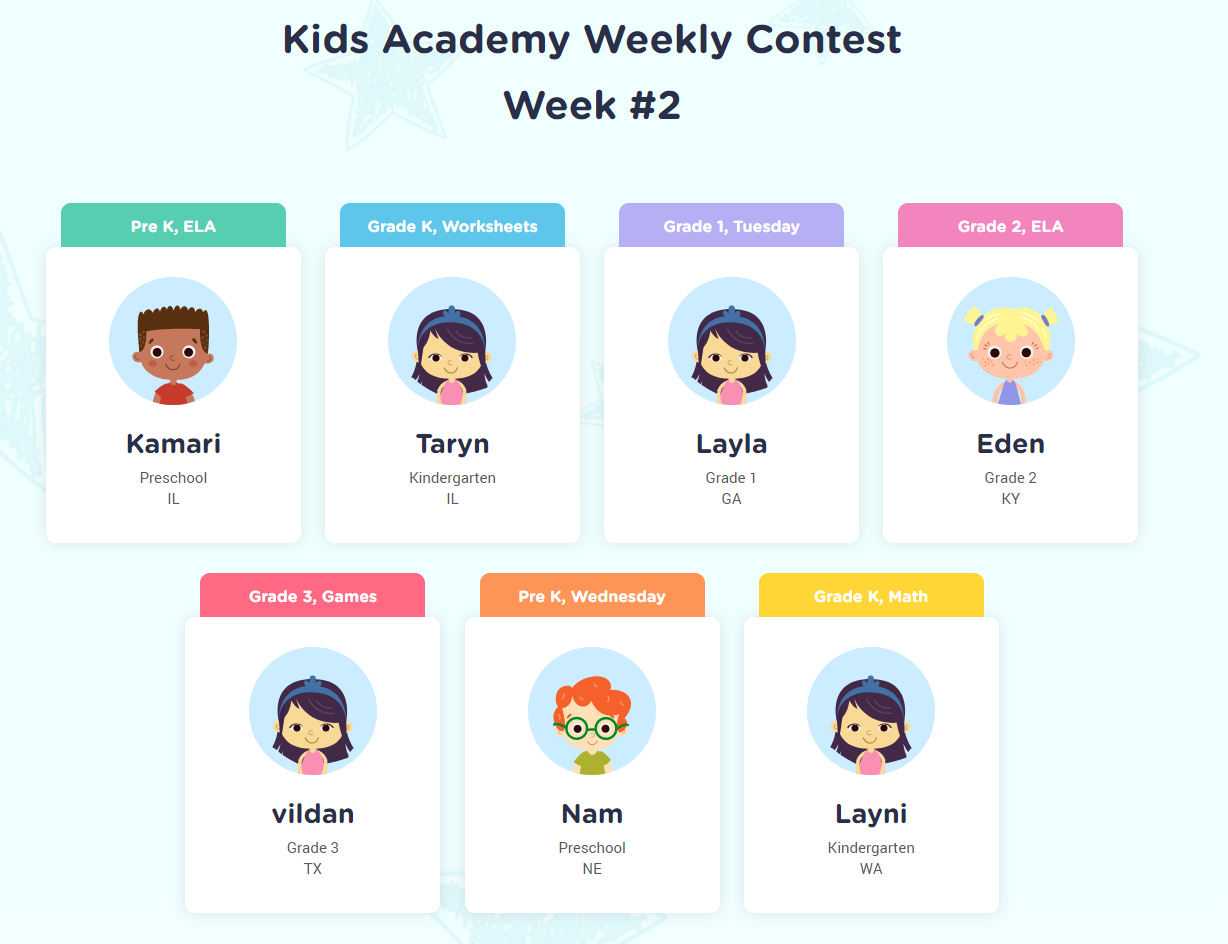Normal Elementary Phonics worksheets activities
2 filtered results
-
From - To


Phonological Awareness: Assessment 1 Worksheet


Phonics and Word Recognition: Assessment 1 Worksheet
Normal Elementary Phonics worksheets activities play a pivotal role in the foundational stages of a child's education. These activities are not just exercises on paper; they are the building blocks for reading, writing, and communication skills that will last a lifetime. The design and structure of these worksheets are carefully curated to cater to young learners, making the process of learning phonics both engaging and effective.
First and foremost, these worksheets are instrumental in developing phonemic awareness among children. Phonemic awareness is the ability to hear, identify, and manipulate individual sounds—phonemes—in spoken words. Normal Elementary Phonics worksheets activities provide a structured way for children to practice these skills through repetition and variation, which is crucial for the mastery of phonics.
Moreover, these activities bolster vocabulary and spelling skills. As children work through different worksheets, they are introduced to new words, their meanings, and how to spell them. This not only enriches their vocabulary but also strengthens their spelling, making them more confident readers and writers.
Another significant benefit is the enhancement of reading comprehension. Through consistent practice with phonics worksheets, children improve their ability to decode words, which in turn aids their understanding of text. This is a critical skill that supports academic success across all subjects.
Normal Elementary Phonics worksheets activities also cater to diverse learning styles. Whether a child learns best through visual, auditory, or kinesthetic means, these worksheets can be adapted to meet their needs, ensuring that every child has the opportunity to thrive.
In addition, these activities foster a sense of achievement and confidence. As children complete each worksheet, they experience a sense of accomplishment, which boosts their confidence and motivates them to tackle more challenging tasks.
In conclusion, Normal Elementary Phonics worksheets activities are indispensable tools in the educational journey of young learners. They lay the groundwork for effective reading, writing, and communication skills, setting the stage for lifelong learning and success.

 Assign to the classroom
Assign to the classroom












